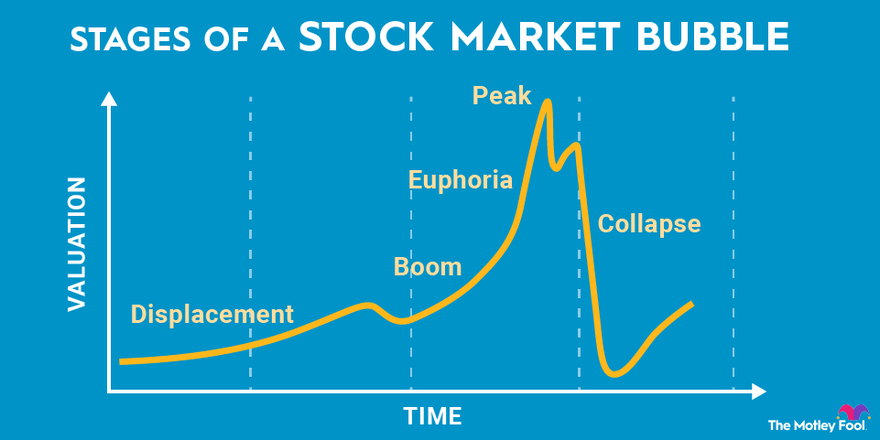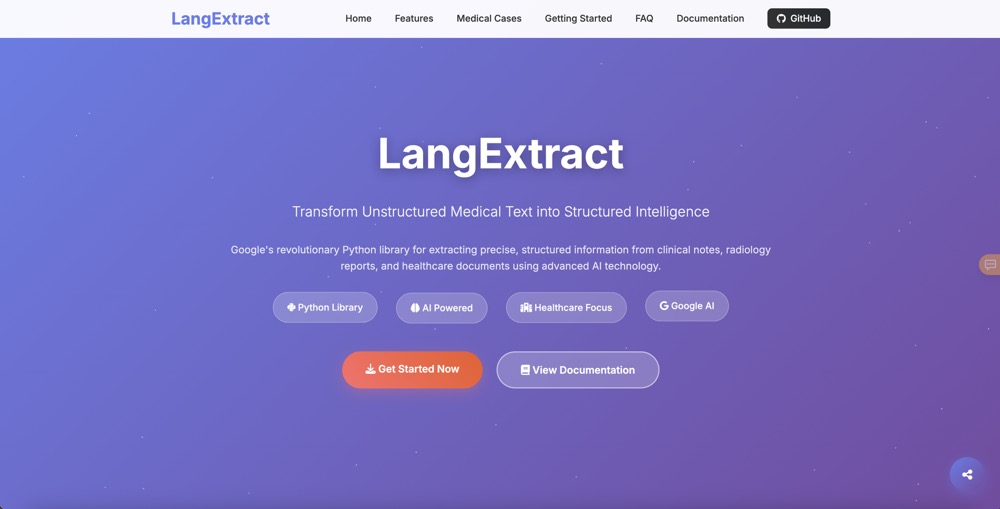Elevating RAG Performance with Hybrid Search and BM25

Revolutionizing Search with Hybrid Approach
Traditional search methods have limitations when it comes to understanding the context and nuances of user queries. To address this, a hybrid search approach combines the strengths of keyword-based and vector-based search methods, resulting in improved search performance and accuracy.
Hybrid Search: Combining Keyword and Vector-Based Methods
Keyword-based search relies on exact keyword matches, while vector-based search uses semantic embeddings to capture context and meaning. By integrating these two approaches, hybrid search can better understand user intent and provide more relevant results.
BM25 Algorithm: Enhancing Retrieval Stage of RAG
The BM25 algorithm is a probabilistic ranking model that enhances the retrieval stage of the RAG (Retrieval-Augmented Generation) framework. By incorporating BM25, the search process becomes more accurate and relevant, allowing for better performance and results.
The BM25 algorithm calculates the relevance of documents based on factors such as term frequency, inverse document frequency, and document length. This results in a more precise ranking of search results, which is critical for applications like question answering and text generation.
By combining hybrid search and BM25 algorithm, the RAG performance is elevated, enabling more accurate and relevant search results. This approach has far-reaching implications for various applications, including search engines, chatbots, and content recommendation systems.
Understanding BM25 Algorithm
The BM25 algorithm is a widely used ranking function in information retrieval, particularly in search engines. It estimates the relevance of a document to a given search query, calculating a score based on the frequency of query terms in the document. BM25 emphasizes term importance based on frequency in documents, considering factors like:
- Term Frequency (TF): How often a query term appears in the document.
- Document Frequency (DF): How many documents contain the query term.
- Document Length (DL): The total number of terms in the document.
- Average Document Length (AVDL): The average number of terms per document in the collection.
Evolution of Search: From BM25 to Hybrid Approaches
Traditionally, BM25 has been the cornerstone of search algorithms. However, with advancements in Machine Learning (ML), vector search has emerged as a complementary approach. Vector search represents documents and queries as dense vectors, capturing semantic relationships and nuances. This synergy between BM25 and vector search gives rise to hybrid search models, elevating RAG (Relevance, Accuracy, and Generalization) performance.
Hybrid Search: Combining BM25 with Vector Search
Hybrid search models leverage the strengths of both BM25 and vector search:
- BM25 provides precise keyword matching and term importance scoring.
- Vector search captures contextual relationships, synonyms, and semantic meanings.
This fusion enables search systems to:
- Accurately retrieve documents with exact keyword matches.
- Return relevant results with related concepts and synonyms.
Benefits of Hybrid Search for RAG Performance
The integration of BM25 and vector search enhances RAG performance in several ways:
- Improved Relevance: Hybrid search retrieves more accurate results, considering both keyword matches and semantic relationships.
- Enhanced Accuracy: By combining the strengths of both approaches, search results become more precise and reliable.
- Generalization: Hybrid models can handle diverse queries, adapting to various search scenarios and user intents.
Advantages of Hybrid Search in RAG
The integration of Hybrid Search and BM25 in RAG (Retrieval-Augmented Generation) systems brings about significant enhancements in performance. Two notable benefits of this combination are:
Improved Retrieval Performance with Alpha Tuning
Hybrid Search optimizes the retrieval process by combining the strengths of different search algorithms. By tuning the alpha parameter, the system can balance the contributions of each algorithm, leading to improved retrieval performance. This results in more accurate and relevant documents being fetched, which in turn enhances the overall quality of generated responses.
Enhanced Accuracy and Relevance of Generated Responses
The Hybrid Search approach leverages the unique strengths of each search algorithm to produce more accurate and relevant search results. By incorporating BM25, a state-of-the-art search algorithm, the system can better capture the nuances of language and semantics. This leads to more precise and contextually relevant responses, elevating the overall performance of the RAG system.
Real-World Applications of Hybrid Search
Unlocking Efficiencies in Customer Support with Hybrid Search
The hybrid search approach has revolutionized customer support by providing more accurate and context-specific search results. By combining the strengths of both keyword-based and semantic search methods, businesses can now offer their customers more relevant and personalized support experiences.
For instance, when a customer searches for a solution to a specific issue, the hybrid search system can return results that not only match the exact keywords but also take into account the context and intent behind the query. This leads to faster resolution times and increased customer satisfaction.
Tailored RAG Implementations for Specific Use Cases
While hybrid search offers numerous benefits, its implementation can vary depending on the specific use case. Different industries and applications require tailored RAG (Relevance, Accuracy, and Goals) implementations to maximize the effectiveness of hybrid search.
For example, in the healthcare industry, a hybrid search system may need to prioritize accuracy and relevance when searching for medical diagnoses or treatment options. In contrast, an e-commerce platform may focus on relevance and goals, such as personalized product recommendations.
By understanding the specific requirements of each use case, businesses can customize their hybrid search implementations to achieve optimal results and drive better outcomes.
Optimizing RAG with Hybrid Search and BM25
Revolutionizing RAG Performance with Hybrid Search
Combining keyword-based and vector-based searches is a game-changer for elevating RAG (Relevant Answer Generation) performance. By leveraging the strengths of both approaches, hybrid search enables more accurate and contextually relevant results. Keyword-based search excels at identifying exact matches, while vector-based search captures semantic nuances, ensuring a more comprehensive understanding of the query.
Unlocking the Power of BM25
BM25, a state-of-the-art ranking algorithm, plays a pivotal role in fine-tuning the hybrid search. By adjusting the alpha parameter, we can strike the perfect balance between precision and recall. This delicate calibration ensures that the most relevant results are surfaced, while minimizing noise and irrelevant information.
Alpha Parameter Fine-Tuning: The Key to Improved Accuracy
Fine-tuning the alpha parameter is crucial for optimal RAG performance. By carefully adjusting this parameter, we can control the trade-off between precision and recall, ensuring that the most accurate results are returned. This process involves iteratively testing and refining the alpha value to achieve the perfect balance, resulting in significantly improved RAG accuracy.


















Comments ()